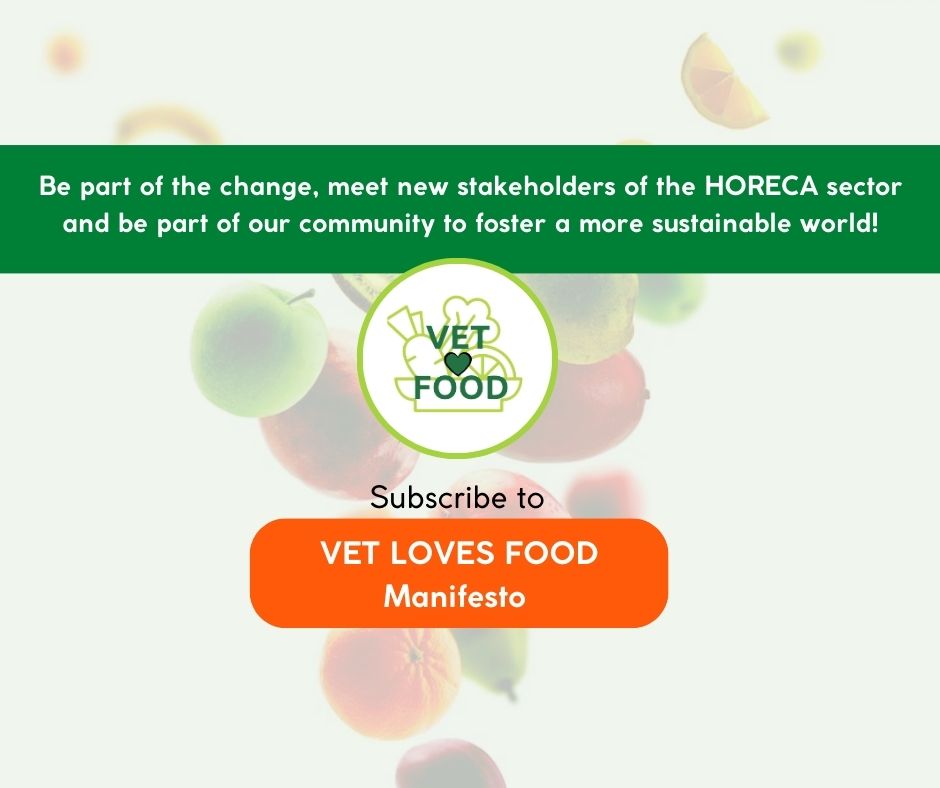Composting is an action with a significant impact, both by helping reduce food waste and contributing to enriching the soil, thus promoting a healthier planet.
As we know, food waste is a pressing issue in our society, and the Food and Agriculture Organization (FAO) states that approximately one-third of all food produced globally is wasted each year. This food waste ends up in landfills, decomposing and producing methane, which is a powerful greenhouse gas that contributes to climate change. To avoid this, we can resort to composting which transforms food scraps into nutrient-rich organic matter, which can be used to fertilize gardens and crops.
Compost, often referred to as “black gold,” is a valuable resource for gardeners and farmers since it improves soil structure, increases water retention, and enhances nutrient content. We are talking about a natural fertilizer that contains essential nutrients like nitrogen, phosphorus, and potassium. These nutrients promote plant growth and enhance the health of the soil, reducing the need for synthetic fertilizers, and consequently, healthy soil leads to higher crop yields and healthier plants.

Composting is quite easy to compost at home and it doesn’t require a lot of space or resources. Here is a basic guide to get you started:
- Choose a composting method: there are several methods of composting, including traditional compost piles, compost bins, and vermiculture (worm composting). Select the one that suits your space and needs;
- Collect compostable materials: gather food scraps like fruit and vegetable peels, coffee grounds, eggshells, and yard waste like leaves and grass clippings. Avoid adding meat, dairy, and oily foods, as they can attract pests;
- Layer your compost pile: alternate layers of green materials (food scraps and yard waste) with brown materials (dry leaves, straw, and newspaper). This balance ensures proper decomposition;
- Turn the compost: regularly mix the contents to aerate the pile and speed up decomposition;
- Maintain moisture and temperature: keep your compost pile moist but not too wet, and ensure it stays within the ideal temperature range (around 140°F or 60°C);
- Harvest your compost: in a few months to a year, your compost will be ready to use in your garden or on your plants.
In conclusion, composting is a sustainable and environmentally friendly practice that individuals can easily incorporate into their daily lives. By reducing food waste and enriching the soil, composting not only benefits the environment but also brings benefits to your personal green space. It is a win-win solution that contributes to a more sustainable and eco-friendly future for our planet. So, don’t wait any longer—start composting today and make a positive impact on the world around you.
Learn more about this process: https://lisbon.oikos-international.org/arcticles/how-to-compost-at-home/

